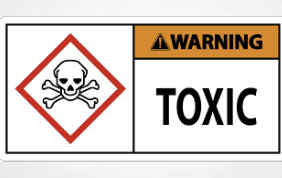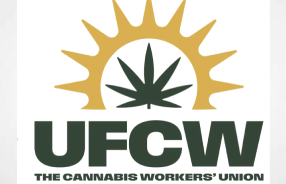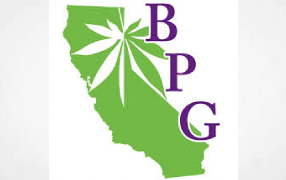This according to media outlet Al-Monitor who write that 19 ministers support legalization
Of the 34 new ministers, including the prime minister, 19 support fully or to some extent legalization of cannabis use, or at least the regularization of the medical cannabis market; six are undecided, with a tendency to support it; five have not declared their position in any organized manner; and only three have declared that they oppose the legalization idea. In terms of percentages, 57% to 75% support advancing legislation on cannabis, and only 9% to 24% are opposed. The Cannabis Magazine news site shared with Al-Monitor results of a public opinion survey on the issue, conducted in August 2018, which found similar support (71%) among the general public.
“I admit that I am more optimistic than ever,” Oren Leibovitz, Israel’s well-known legalization activist, told Al-Monitor. “I’ve been fighting for a decade to advance legalization of this sort. Now, for the first time, I can definitely see it happening. Everything is already in place for Israel to approve the full legalization of cannabis. The persecution of over 1 million cannabis users in Israel will finally come to an end.”
It is more than just the number of ministers who back legalization that encourages the initiative’s supporters; it is also the fact that key positions in the path to advance it are now occupied by supporters of legalization. Israel’s new Minister of Health Yuli Edelstein (Likud) has openly expressed his support for regulating the medical cannabis market. This puts him at odds with the outgoing minister, Yaakov Litzman, who promoted much more stringent policies when it came to the unrestricted use of cannabis.
The Ministry of Internal Security, which is currently responsible for enforcing the law against cannabis users, has shown the most dramatic shift of all. The new minister, Amir Ohana (Likud), is the most vocal member of the new government to support legalization. Meanwhile, in the Justice Ministry, the new minister, Avi Nissenkorn (Blue and White), is committed to that party’s official position in favor of decriminalization and of controlled sale. This was also mentioned in the recent party’s election campaign. In an interesting turn of events, Israel is facing a strange situation in which the parties most vociferously opposed to legalization — Yamina, Yisrael Beitenu and the Joint Arab List — are all in the opposition now.


















